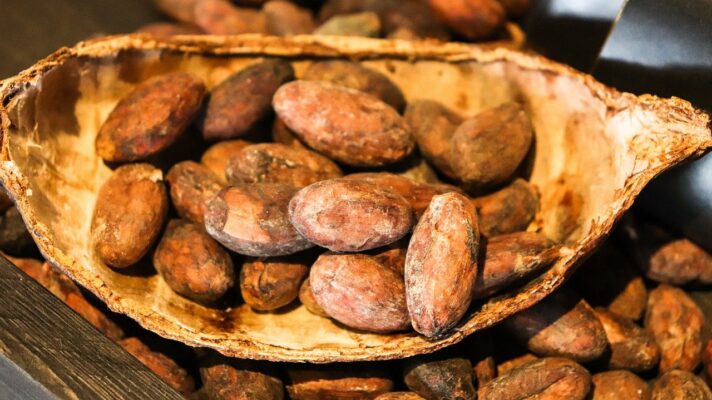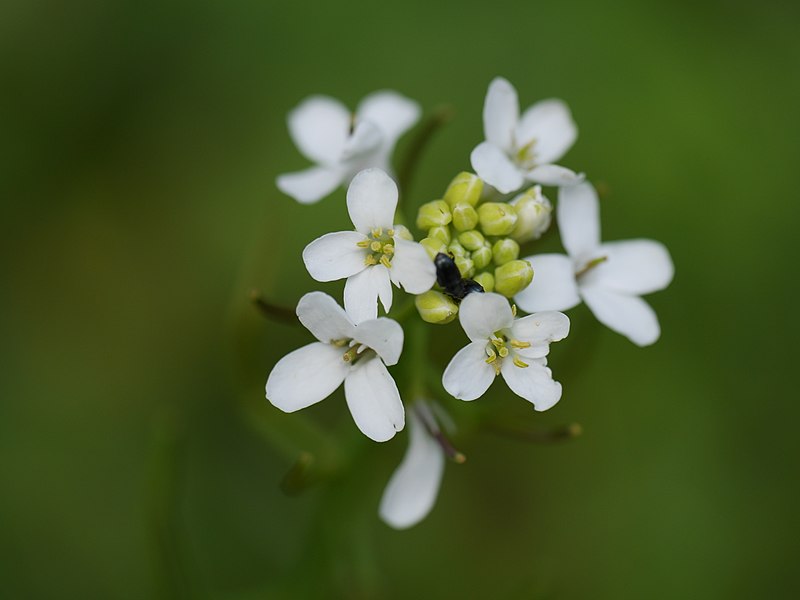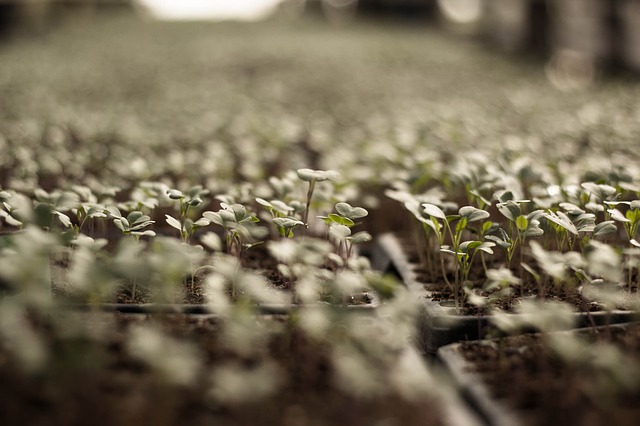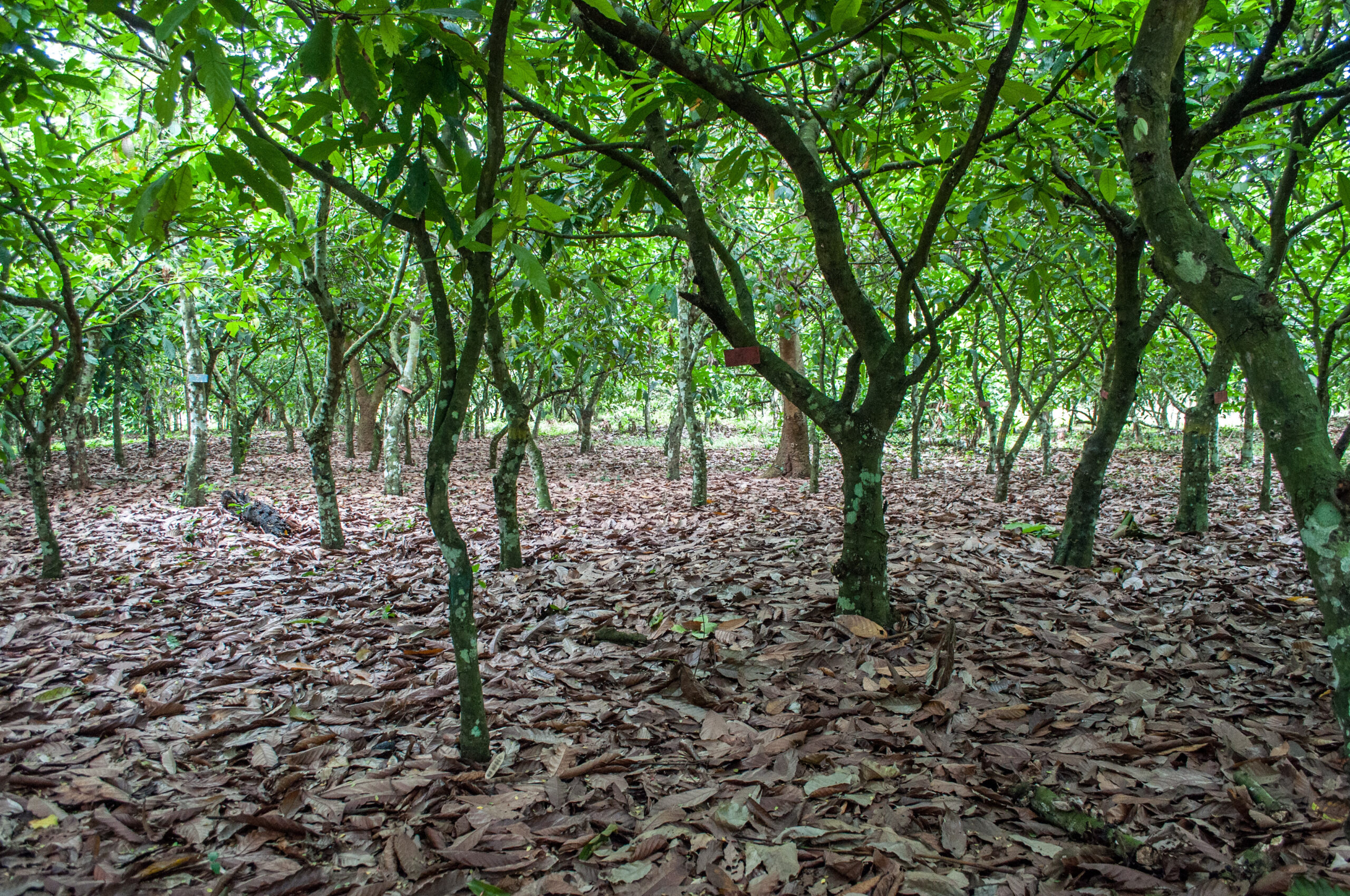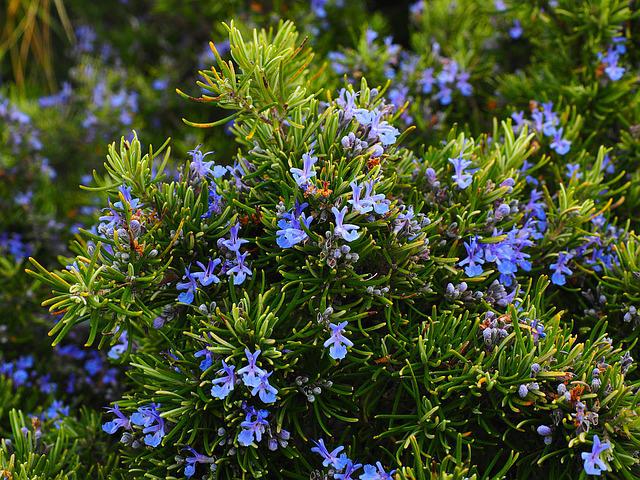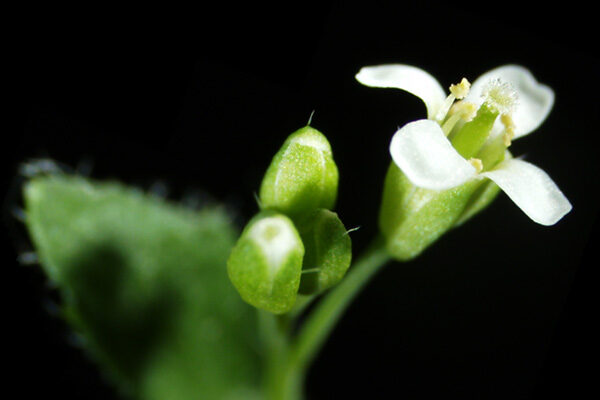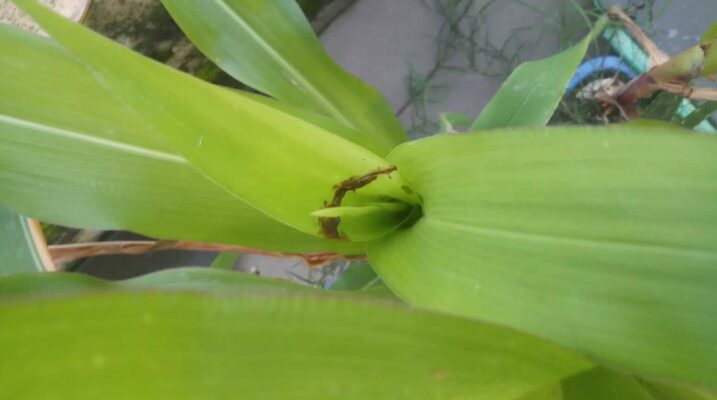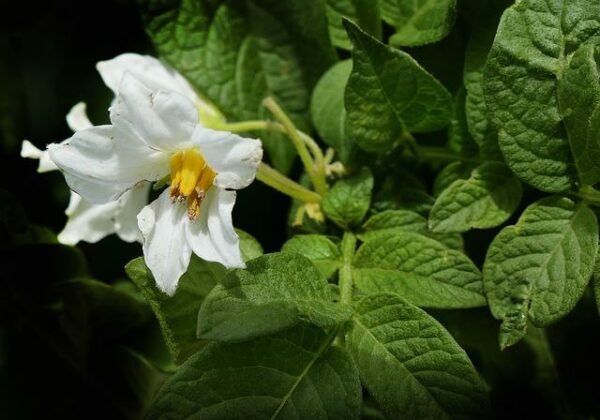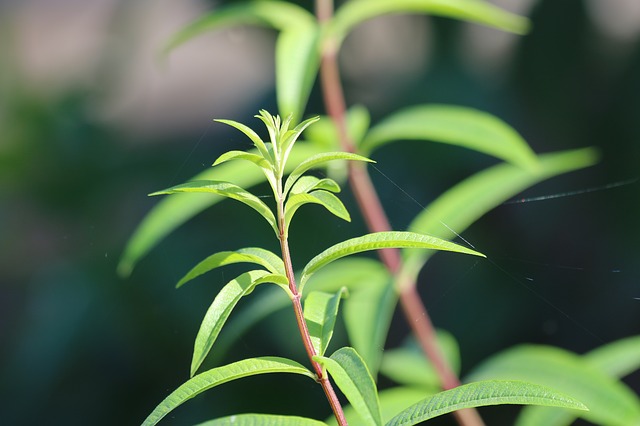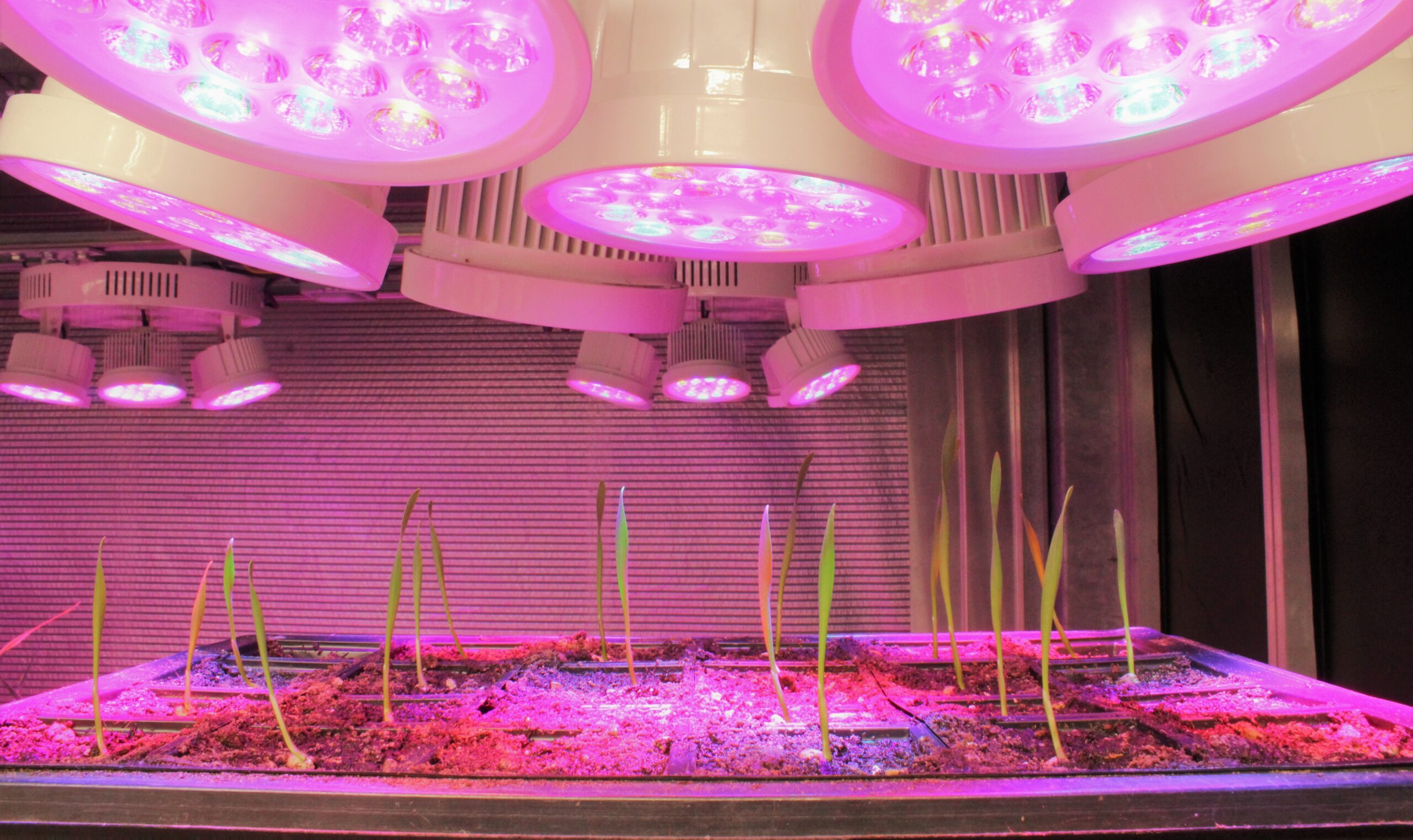
As days grow colder and shorter, and many of us find ourselves entrenched in winter, you wouldn’t be mistaken for feeling a noticeable reduction in activity around you. However, in certain crops such as winter wheat and barley, this cold season holds the key to flowering in the spring. This well-studied process, called vernalization, requires the plant to sense appropriate conditions – i.e., low temperature and short day-length – usually early in development to “overwinter” through several inhospitable months.


